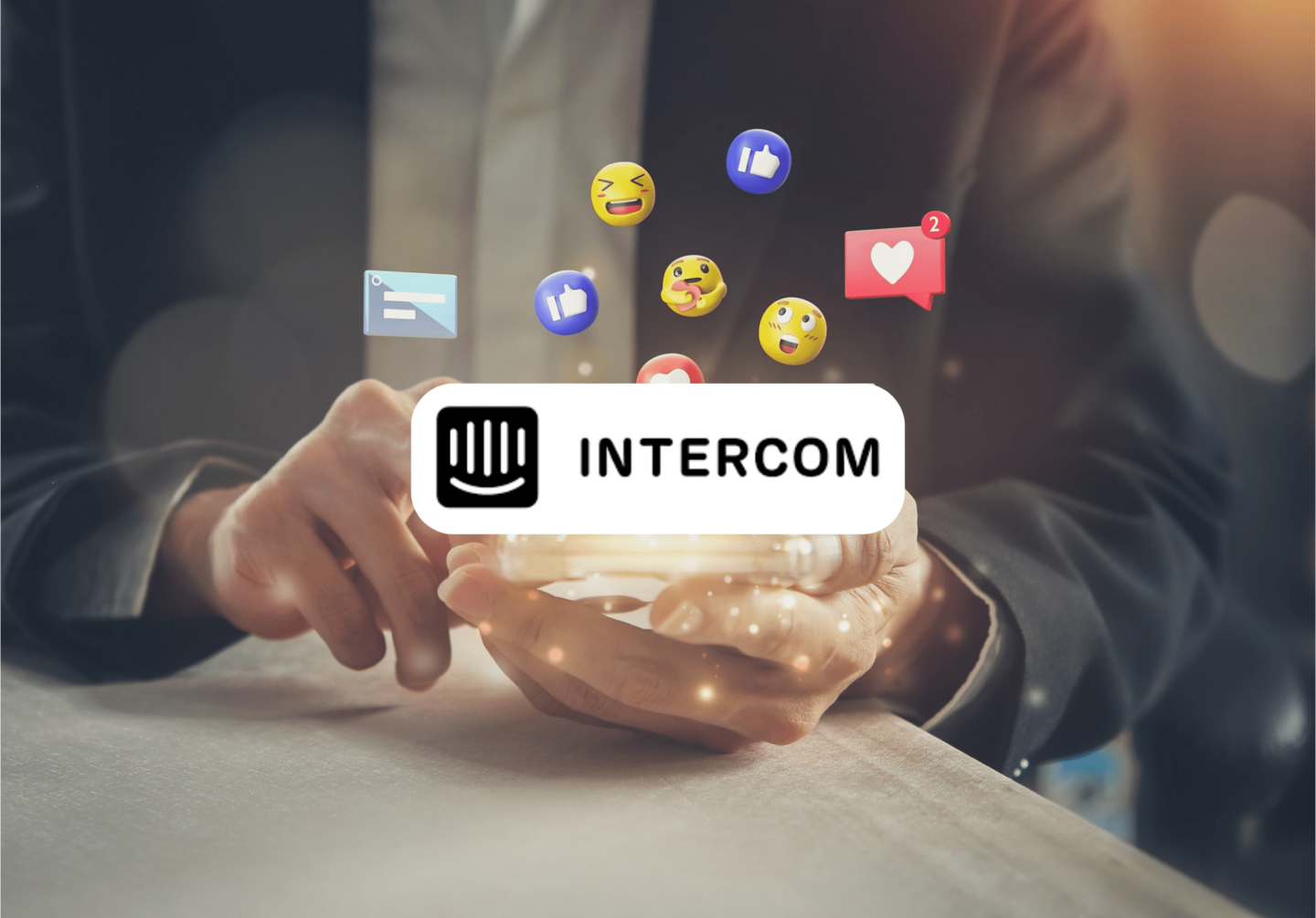Many brands try to appeal to younger generations of customers by using hip language or excessive emojis, thinking it will lead to higher customer loyalty for such a demanding group of consumers.
Well, brands, think again. As Gen Z's spending power is on the rise, dancing to their tune requires more than swamping them with emojis or, worse - not replying to their requests at all, the act often notoriously referred to as ghosting.
A new study from Intercom reveals how companies' communications with their customers can influence retention and business growth. Indeed, around 75% of respondents said that communication is the most important factor when doing business with a brand. On top of that, 64% of consumers would leave a business if they didn't feel valued, while 66% would do so if a support representative ghosted them.
Younger generations are setting new standards when it comes to the style and tone they prefer from their favorite brands, compared to older generations, who tend to be more forgiving of occasional mishaps.
Personalization plays a part in good customer support - however, it is highly grounded in context and needs to be based on a deep understanding of each customer.
"Consumers have higher expectations for businesses to be transparent, to be present and to be available to connect with. How you talk to customers, where you talk to them, and what you say impacts whether or not they continue to give you their business. This study underscores that the best way to keep customers is to make your communication more personal—to show each customer that you know them, understand their issues and can resolve them in the way they want," said Des Traynor, Co-founder and Chief Strategy Officer, Intercom.

How personal is too personal?
Friendly communication is beneficial for strong customer relationships. But getting too personal can make customers feel uncomfortable.
According to the study, using the proper tone when interacting with customers makes or breaks communication. More than 60% of consumers said that disrespect is the number one reason for switching brands, followed by cringe-worthy language such as misused slang (41%). Trying too hard with inauthentic communication is the reason for taking business elsewhere for 35% of consumers, while 28% of them would do so if a brand used too many emojis.
Moderation is golden when it comes to emojis. Fifty-nine percent are OK with companies in support conversations, and they prefer facial expressions over objects. Conveying emotional cues goes even further, as younger generations also like to see GIFs in business communication, so brands should adapt accordingly as younger generations become primary buyers.
Still, most consumers prefer professional (56%) over casual language (44%) from companies. With Gen Z increasingly making informality the norm in the future, brands should find a way to keep communication casual - but not too casual.
Don't beat around the bush
Consumers are changing the way they want to engage with businesses, opting for communication similar to that they have with their family and friends (86%). This means receiving texts or direct messages from companies is fine for all generations (60%).
Thirty-five percent of respondents also prefer a stream of shorter messages instead of long paragraphs, committing to a true tl;dr fashion.
Attention spans have shrunk to eight seconds in the last couple of years, meaning that an average consumer will not want to waste time using automated phone systems. Gen Z and Gen X are not fans of live phone calls either, more than getting stuck in a phone tree loop.
Because most consumers are resorting to digital channels as forms of communication with brands, chatbots, and online chats are the most preferred option for answering quick questions for 49% of consumers.
Completing short tasks like confirming an appointment or delivery time (37%) or canceling an order (30%) is best done through chatbots and online chat for 79% of people. When it comes to sharing sensitive information, most consumers don't want to discuss personal matters via chat. Surprisingly, Millennials (27%) are more comfortable doing so compared to their younger and older counterparts.
Customer support across industries
How do industries rank when it comes to providing the best customer support? Consumers say healthcare and financial services outshine other industries in this area.
On the opposite side of the spectrum are airlines that ranked lowest for customer support satisfaction, with lost baggage struggles and canceled flights during a busy holiday travel contributing to poor experiences. Namely, only 6% of respondents rate their customer support experience as the best. Meanwhile, telecom/mobile and clothing retailers showed room for improvement.
"Personalized support is crucial for businesses looking to edge the competition. Consumers choose to spend their money where they feel valued, and how businesses support and talk to them is a huge factor," added Traynor.









